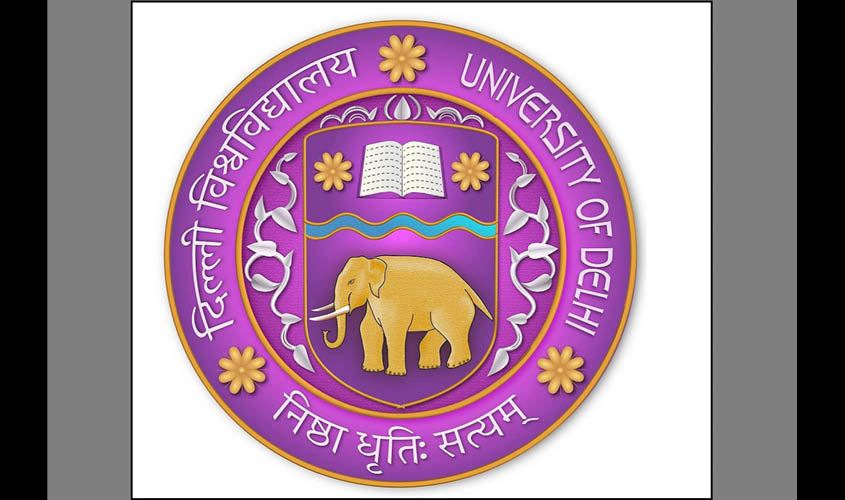NEW DELHI: Students at Delhi University’s School of Open Learning (SOL) have been facing a lot of problems due to the alleged mismanagement of the SOL administration. DU’s SOL provides distance learning facility to approximately two lakh students through its under-graduate and post-graduate programmes.
Many students of SOL have alleged that from erroneous syllabus to late declaration of results, there are plenty of problems that the SOL administration is not taking care of. Also, the students have complained that after payment of fees online, they received a blank slip and now most of them fear that the administration may create problems at the time of providing them with study material. Even the SOL’s grievance redressal window has been dysfunctional for years.
Nikita, a student of SOL, who received a blank slip after paying her fees, told The Sunday Guardian, “Due to mismanagement at SOL, I paid my admission fee but got this (blank) slip. Despite my repeated calls and emails, the SOL administration has not rectified their mistake.”
A fees slip which was accessed by The Sunday Guardian corroborates the claim made by SOL students.
However, the Officer on Special Duty (OSD) of SOL, Ramesh Bharadwaj, denied all claims saying, “On the issue of error in syllabus, the university administration has already set up a review committee to look into the matter, and we are looking into other complaints of the students and will try to resolve their issue if there is any.”
Students told The Sunday Guardian that the syllabus and study materials which had been mandatorily provided to the students have not been made available to the majority of students till October this year. Even study materials which had been provided to students were full of errors like spelling, grammar, factual errors, translation faults and outright plagiarised texts.
Another problem that the students are facing is that of late declaration of results. They have claimed that it takes three to four months to declare the SOL results, whereas regular DU courses declare their results within a month. Adarsh Kumar, a first-year student of SOL, told, “SOL, which has around five lakh students, doesn’t have its own examination department. So, the results of SOL students come after the declaration of results of all regular courses. The results of first year examinations held in May this year were out in October.”
Delay in results is also adversely impacting the university’s attempts to bring the SOL on the same plane as regular courses by implementing the Choice Based Credit System (CBCS) in SOL. According to SOL officials, the implementation of CBCS will also open a window of opportunity for SOL students to migrate to regular colleges after their first year, which was earlier impossible due to annual examination system. However, considering the trend, the results of SOL students for the first semester, which would be declared in the third semester, precludes any chance of migration.
On 18 August, the Executive Council of Delhi University approved the semester system and CBCS syllabus for its non-regular courses under School of Open Learning. DU had scrapped annual examination system few years back for all its regular courses and introduced semester system. However, SOL was exempted from the amendment because these courses do not have regular classes.
However, hasty implementation of CBCS is also causing problems for students as the SOL has very limited number of subjects such as B.A. (Hons) English, B.A. Programme, B.A. (Hons) Political Science, B.Com, B.Com (Hons).
“Under CBCS, one needs to choose one’s subjects, but in SOL, we have a very limited choice for our subjects. This issue needs to be addressed, as SOL is implementing CBCS from this year,” Rohit Singh, another student of SOL, said.
Stating that it is expected to face some problems while introducing CBCS in SOL, OSD Bharadwaj said, “The High Court has already appointed a nodal officer to address the grievances of students. Moreover, the administration is keen to address any problem while implementing CBCS.”
The Delhi High Court order came following a plea by the students seeking an implementation of a semester system from next year. The students had alleged that the decision to implement a semester system has led to “mismanagement and chaos” since the administration did not finalise the syllabus, self-learning material and proper infrastructure before deciding to implement the system.

